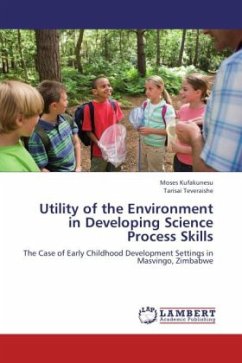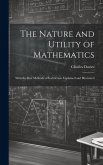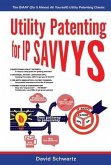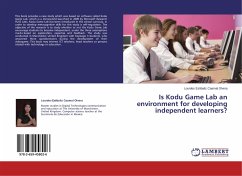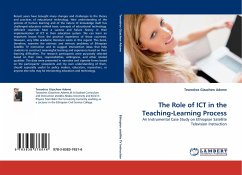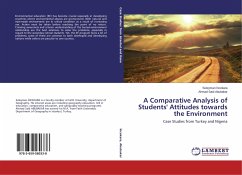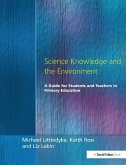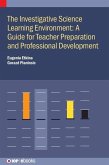Classroom practitioners at virtually all educational tiers to some extent, work towards the holistic development of the learners. Several psychological theories have emphasised the importance of ensuring that young children are exposed to a rich environment so as to accord them stable and rich early childhood experiences. Piaget's theory of cognitive development and Vygotsky's socio-cultural theory , among other theories, were quite informative. This book explores the utility of the environment in facilitating the development of Science Process Skills.The book employs the quasi-experimental research design accompanied by the quantitative statistical technique , namely the Student t-test to highlight the usefulness of the environment in Science process skills development.The book is likely to be of benefit to Early Childhood Development teachers and lecturers as well as college and university students.
Bitte wählen Sie Ihr Anliegen aus.
Rechnungen
Retourenschein anfordern
Bestellstatus
Storno

